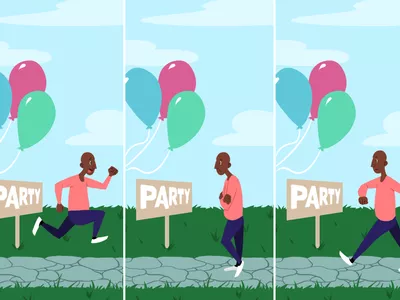How “Therapy Speak” Can Backfire in Real Life, According to a Therapist
Are you someone who’s been benefiting from therapy and eager to share your progress with loved ones? It’s a natural inclination, but there are important considerations to keep in mind when bringing “therapy speak” into everyday conversations. Let’s delve into why relying on clinical terms outside of therapy sessions might not yield the intended results.
Gatekeeping:
Using clinical terms without context can come off as exclusive, making others feel left out. Instead of using phrases like “adjusting boundaries,” try explaining your feelings directly. For instance, saying “I don’t appreciate feeling guilty when I can’t call” is more inclusive and invites understanding.
No Point of Reference:
Your loved ones haven’t been part of your therapy journey, so they lack the context for terms like “triggered.” Using such shorthand can create distance and discomfort. Opt for clear communication by describing your experiences in relatable language, like “This event brought back painful memories.”
Pathologizing:
Applying clinical terms loosely, such as labeling someone as a “narcissist,” can lead to misunderstandings and oversimplifications. Rather than jumping to clinical conclusions, it’s more beneficial to address behaviors directly without medicalizing them.
Defining Others’ Experiences:
Using therapy terminology to describe others’ experiences may overlook their unique perspectives. Instead of assuming, engage in open dialogue by asking clarifying questions and respecting their viewpoints.
Inaccuracies:
Excitement to apply new therapy concepts can sometimes lead to incorrect usage. Take the time to fully understand terms before introducing them into conversations to avoid confusion and misinformation.
Conclusion:
While therapy language has its place, using it outside of sessions can be challenging. Opting for clear, relatable communication fosters understanding and connection. By prioritizing empathy and open dialogue, you can effectively share your experiences without alienating others.
FAQ:
1.Why is it important to avoid clinical terms in everyday conversations?
Clinical terms can be alienating for those unfamiliar with them, hindering effective communication and understanding.
2.How can I share my therapy progress with loved ones without using therapy speak?
Focus on describing your feelings and experiences in relatable language, fostering empathy and connection.
3.Is it okay to introduce therapy concepts to others if they’re interested?
Absolutely. Just ensure you provide clear explanations and invite dialogue to promote understanding and mutual learning






